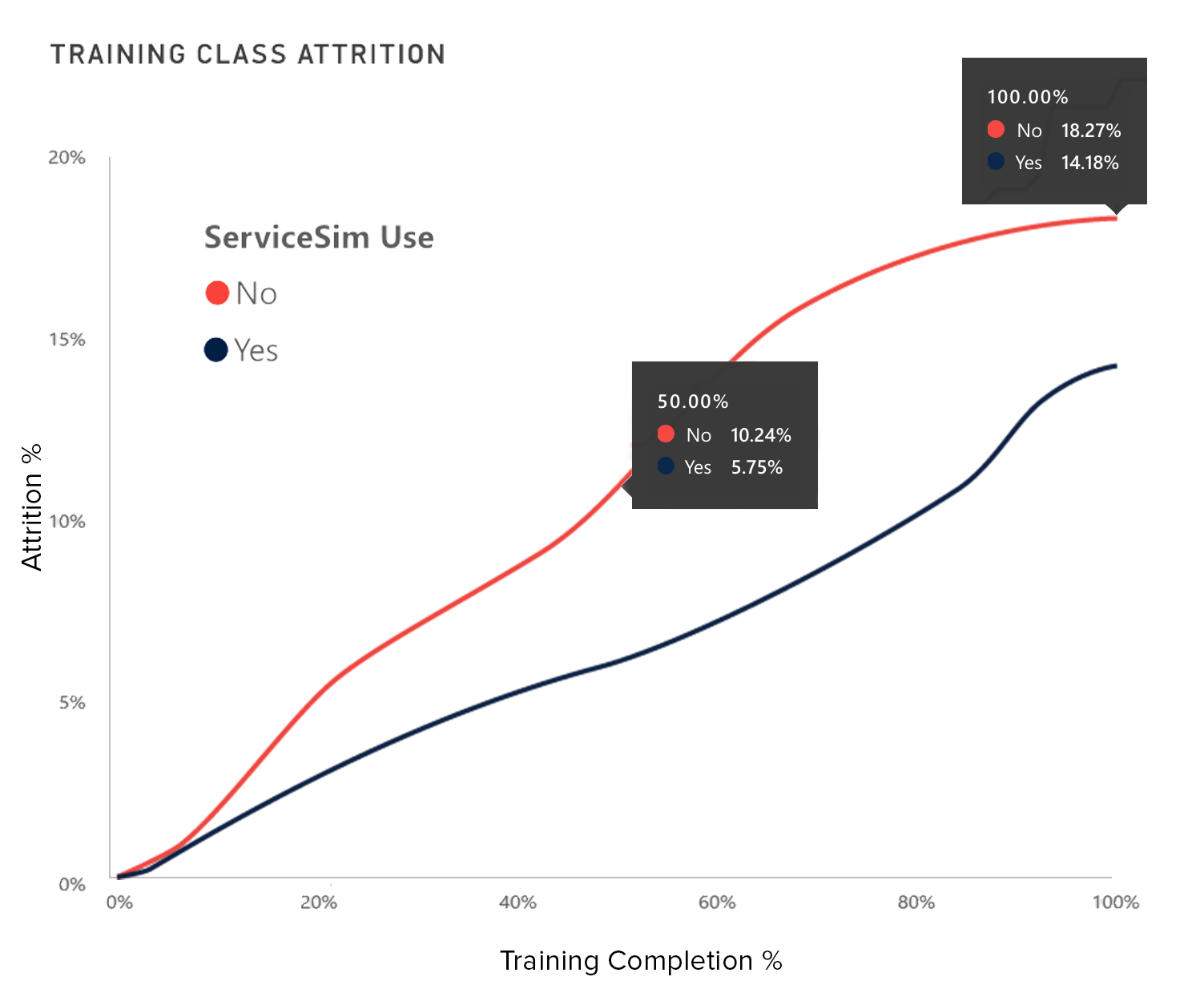As customer expectations rise, they demand more than just quick answers; they seek empathy, understanding, and personalized solutions. How well your agents can manage emotions—both their own and the customer’s—has a direct impact on satisfaction, loyalty, and ultimately, your bottom line. But emotional intelligence isn’t always innate; it can be developed and honed with the right training.
By leveraging AI, companies are now able to better equip their agents with the skills needed to handle emotionally charged situations, providing not only improved customer experiences but also a more supportive environment for agents themselves.
The Growing Importance of Emotional Intelligence in Customer Service
Emotional intelligence refers to the ability to understand, manage, and respond to emotions in a way that fosters positive interactions. In customer service, EI is critical. Customers often reach out to contact centers when they are frustrated, upset, or confused, and agents must navigate these emotional landscapes carefully. Agents with high emotional intelligence can de-escalate situations, build rapport, and leave customers feeling heard and valued—even when the solution isn’t what the customer initially wanted.
Emotional intelligence also plays a role in customer loyalty. Research shows that customers who feel emotionally connected to a brand are more likely to remain loyal and recommend the company to others. A single negative interaction, on the other hand, can drive a customer to competitors.
Download Now: Your Roadmap to Successful AI Implementations in the Contact Center
Given these high stakes, developing EI skills in agents is essential. But traditional training methods—classroom learning, role-playing, or on-the-job coaching—have limitations when it comes to teaching the nuance of emotional interactions. That’s where AI steps in.
AI-Driven Emotional Intelligence Training
AI offers a dynamic, scalable, and effective way to train agents in emotional intelligence. By simulating real-life, emotionally charged scenarios, AI allows agents to practice their responses and improve their skills in a low-pressure environment. Here’s how AI can transform EI training:
- Simulating Emotionally Charged Conversations: AI can create realistic simulations that mimic difficult customer interactions. These simulations can involve a range of emotions—from frustration and anger to confusion and disappointment. Through these AI-driven simulations, agents can practice managing their responses, learning how to stay calm under pressure, show empathy, and navigate challenging emotions effectively.By interacting with AI-powered virtual customers, agents gain valuable experience in emotional regulation and conflict resolution. They can experiment with different approaches and receive immediate feedback on how their responses impact the simulated customer’s emotional state.
- Personalized Feedback and Coaching: AI doesn’t just simulate scenarios; it can also analyze an agent’s performance in real time. Through natural language processing (NLP) and sentiment analysis, AI can evaluate the tone, word choice, and timing of an agent’s responses. Based on this analysis, AI can provide tailored feedback, helping agents understand where they excel and where they need improvement.This personalized feedback is invaluable for developing emotional intelligence because it highlights subtle aspects of communication that are often difficult to teach. For example, AI can point out when an agent’s tone may come across as dismissive or when their response lacks empathy, providing clear guidance for improvement.
- Continuous Learning and Adaptation: One of the greatest advantages of AI-driven training is its ability to evolve. AI systems can be updated regularly with new scenarios and insights based on real-world data. This ensures that agents are not just learning the basics but are constantly improving their emotional intelligence skills in response to changing customer behaviors and expectations.As AI-driven training systems analyze millions of customer interactions, they can identify emerging trends in emotional triggers and customer expectations. This allows companies to keep their agents up-to-date on the most effective ways to handle the latest challenges.
The integration of AI into emotional intelligence training is still in its early stages, but the potential is immense. AI’s ability to simulate real-world scenarios, offer personalized feedback, and adapt to changing customer needs makes it a game-changer in contact center training.
As more companies adopt AI-driven training programs, we will likely see continued advancements in the way agents develop their emotional intelligence. These technologies have the power to transform customer service, improving not only customer satisfaction and loyalty but also agent well-being and performance.
Investing in AI-driven EI training today can give your company a competitive edge, equipping your agents with the skills they need to thrive in an increasingly emotional customer service landscape.
SUBSCRIBE FOR EMAIL UPDATES

